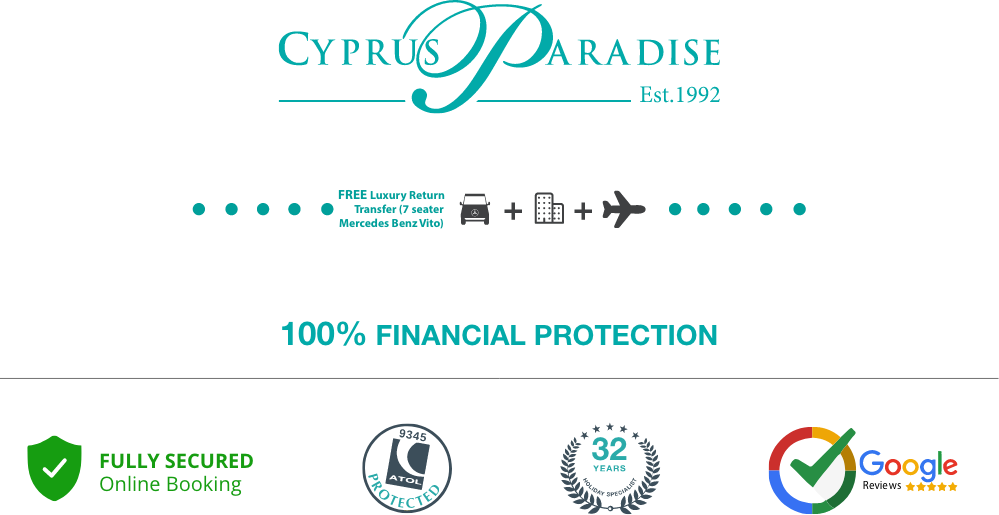




The famous tank hidden in the Kyrenia mountains
With over 10,000 years of history, Cyprus has been occupied by almost all of the civilisations in the Mediterranean, giving the island a culture reflective of all the different rulers. Divided into 10 different city states in the 10th Century BC, Alexander the Great conquered the Persian Empire and freed Cyprus in around 332BC. The island was then conquered by the Romans in the 1st Century BC when Christianity was introduced to the island. In the centuries to follow Cyprus was ruled in turn by the Assyrians, the Egyptians, the Persians and the Greeks. In around 1185AD, Cyprus became an independent empire under the rule of Isaak Comnenus. The 16th Century saw the island taken over by the Ottoman empire with many bloody uprisings during the years that followed. In 1878 British occupation began on the island.
Some of the museums in Northern Cyprus showcase early artefacts of the Neolithic period from as long ago as 9000BC, with a large collection of artefacts at St. Barnabas Monastery and the remains of an ancient shipwreck from around 300BC in the Kyrenia Shipwreck Museum. The ancient ruins of Salamis date back as far as 1100BC when it was the capital of Cyprus and are one of the most popular tourist attractions in North Cyprus.

Read about the history of the tank
After the missions of the Apostles Paul and Barnabas in 58 BC to convert the island to Christianity, Cyprus became a province of the expanding Roman Empire. When the Roman Empire eventually collapsed, it became one with the Byzantine Empire, placing Cyprus firmly on the map in terms of commercial trade. Exports of olive oil, copper, carob and wine flourished.
Several earthquakes in succession then destroyed the city of Salamis in the 4th Century and at the same time, drought and famine overcame the island.
The Arab raids of the 7th Century AD drastically affected the trade in Cyprus, which had a knock-on effect for over 300 years afterwards. The harsh rule of the last Byzantine Emperor Isaac Comnenus did little to improve the lives of the Cypriots with punishing taxes and curtailment of individual freedom. By around the 12th Century, Cyprus had become a target for the crusaders, in particular, Richard the Lionheart, who landed in Limassol on the 1st June 1191 in search of his sister and his bride Berengaria, as their ships had been separated in a storm. The Byzantine Emperor Isaac refused to return the hostages, so Richard attacked and forced Isaac to surrender. The island was then given over to the King of England and Richard's army continued to occupy the island, raising taxes and eventually he sold the island to the Knights Templar.
The Lusignans soon took over establishing the Kingdom of Cyprus, declaring Latin the official language. After the death of Amalric of Lusignan, the kingdom passed over to a series of young boys who became kings. Another massive earthquake in 1222 caused a tsunami with a magnitude of 7.5 which destroyed the castle at Paphos and killed most of the inhabitants of the city.

Amazing shipwreck museum in the Kyrenia Castle
With such a long and varied history, Cyprus has a wealth of historical sites for you to explore. Some of the sites we recommend you see on your Northern Cyprus holidays are: